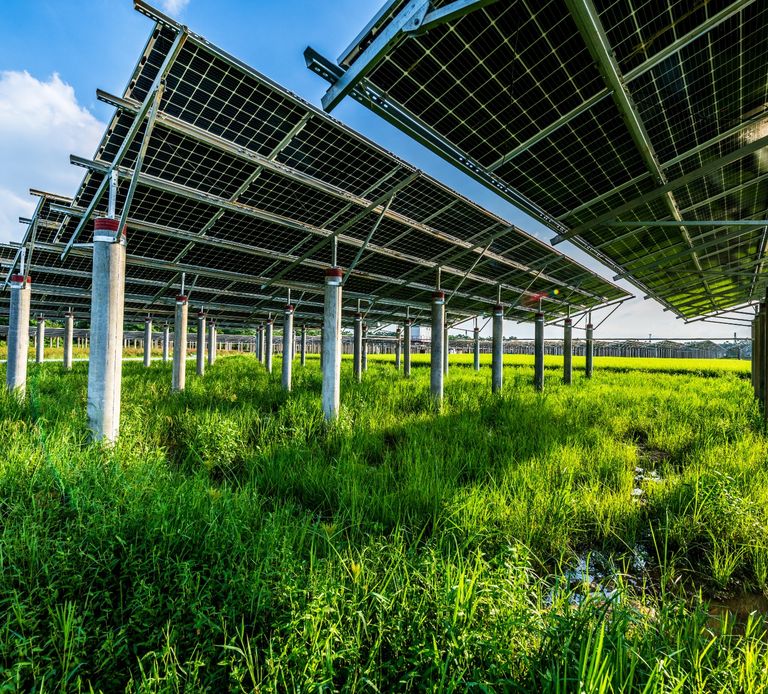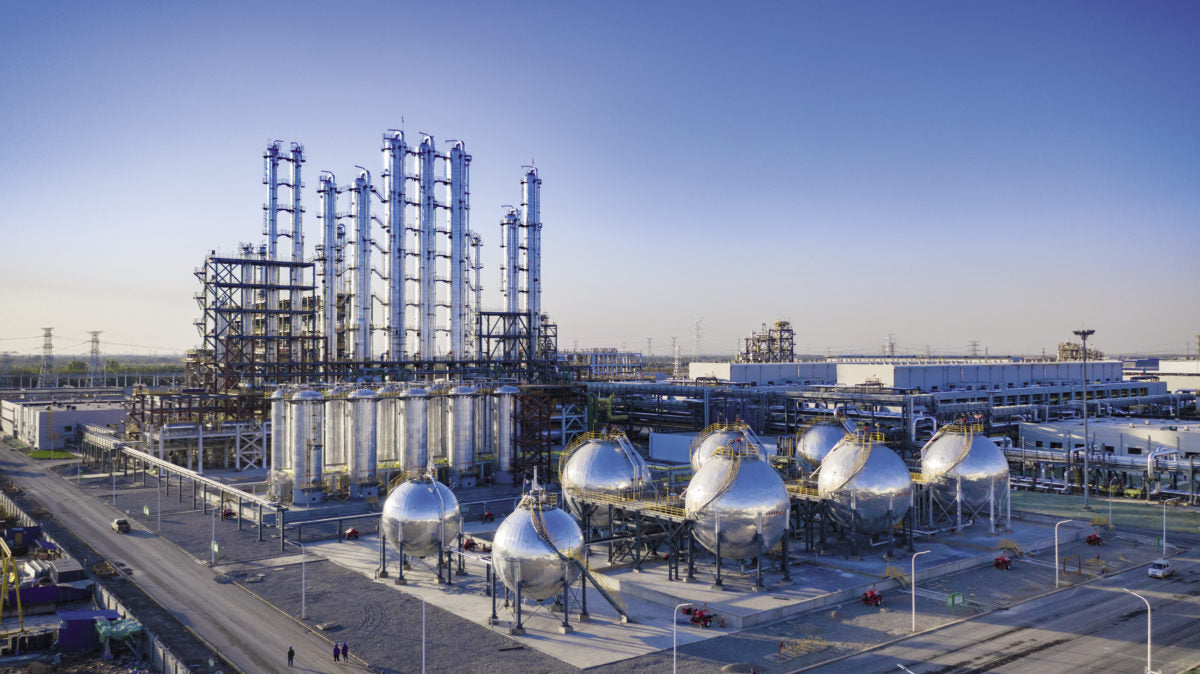https://www.pv-magazine-australia.com/2022/04/21/polysilicon-maker-predicts-five-year-shortage-of-solar-raw-material/
The industry has been suffering from shortages of polysilicon since 2021.
Daqo New Energy
From pv magazine Global
Chinese polysilicon maker Xinte Energy has predicted “a certain shortage in polysilicon production capacity and production volume in the next five years,” as it tries to persuade shareholders to back a CNY 8.8 billion ($1.84 billion) share issuance.
The manufacturer and solar developer, which is owned by electrical equipment company TBEA, wants its investors to back a plan to issue 300 million shares – 17.34% of the stock of the enlarged company. It aims to drum up half the cash required to build a poly fab in Xinjiang capable of producing 200,000 tonnes of the solar panel raw material annually.
Xinte shareholders will vote on the share issuance at an extraordinary general meeting on May 5.
Solar boom
Pointing to booming global demand for solar, Xinte said even with a 100,000-tonne polysilicon fab in Inner Mongolia due to be completed this year, the more than 1 million tonnes worth of solar wafer orders it has received from companies such as Longi and JA Solar mean it has locked up sales for three to five years.
That Inner Mongolia facility will double Xinte’s annual poly production capacity and the company wants to double the number again by June 2024, with a 200,000-tonne, CNY 17.6 billion ($3.8 billion) site at the Changji Zhundong Industrial Park, to be built in two 100,000-tonne stages.
Under the manufacturer’s plans, construction of the 12-month first phase of the Xinjiang fab would start next month, with the second stage built from June next year. The other half of the investment cost will be sourced from “bank loans and other methods,” Xinte said in an announcement to the Hong Kong Stock Exchange this week.
Silicon production in Xinjiang is a controversial issue outside China – particularly the topic of whether forced labor is a part of the solar value chain. The US House of Representatives in December drafted the Uyghur Forced Labor Prevention Act, which proposes banning all imports from Xinjiang unless it can be proven forced labor played no part in their manufacture.
Party plan
Outlining its plans this week, Xinte highlighted the energy-intensity credentials of the “cold hydrogenation technology” to be deployed at its latest proposed manufacturing site.
Shareholders at the May 5 meeting will also be asked to approve changes to the company’s articles of association, which include the formation of a “Communist party” at the business to implement major strategic decisions of the Central Committee of the party and the State Council.
The changes to the articles of association also remove several references to the specific Hong Kong exchange where Xinte Energy is listed and replaces them with references to a generic exchange, hinting that the company may be preparing to move its listing.
This content is protected by copyright and may not be reused. If you want to cooperate with us and would like to reuse some of our content, please contact: editors@pv-magazine.com.
<




